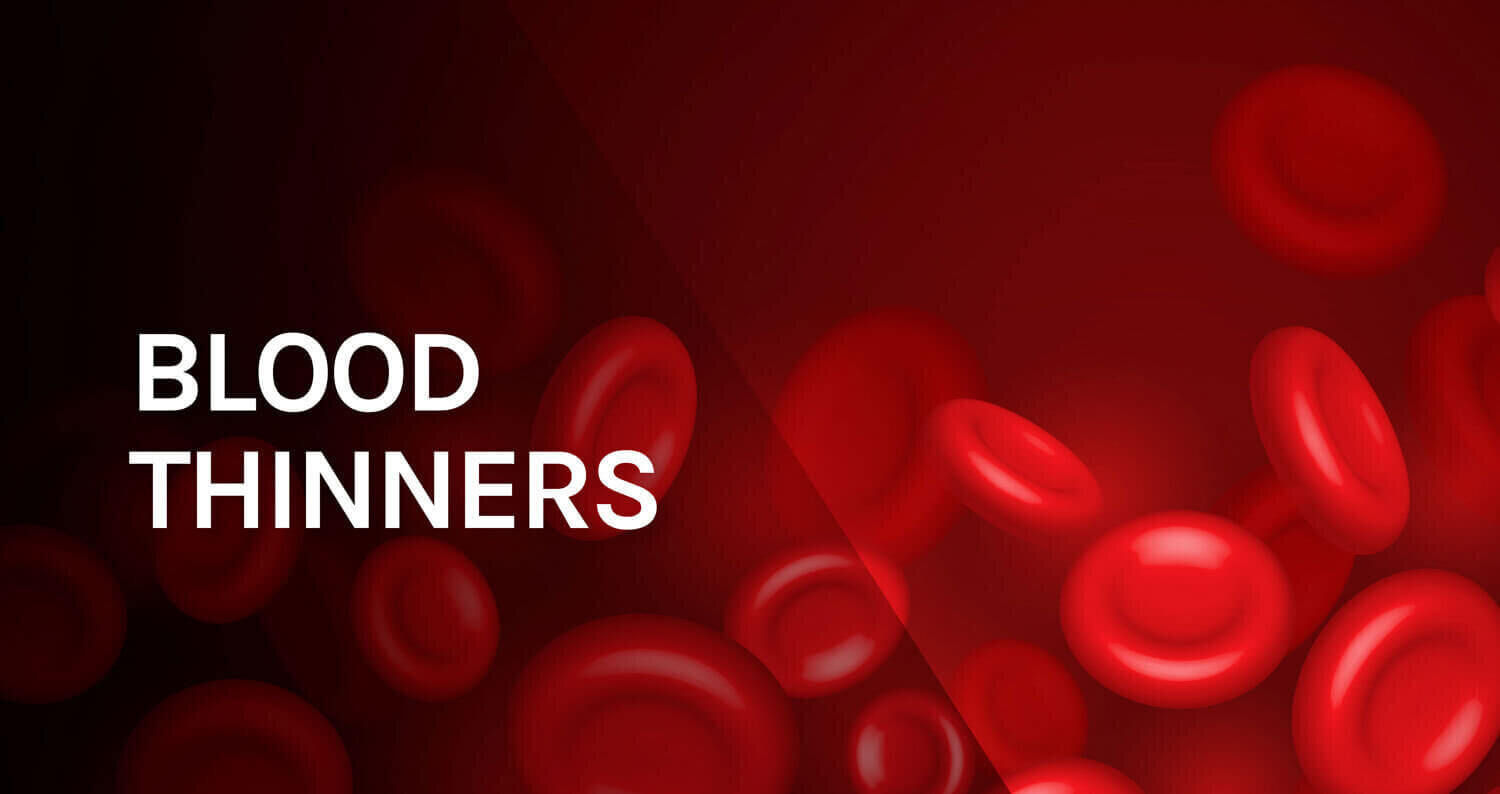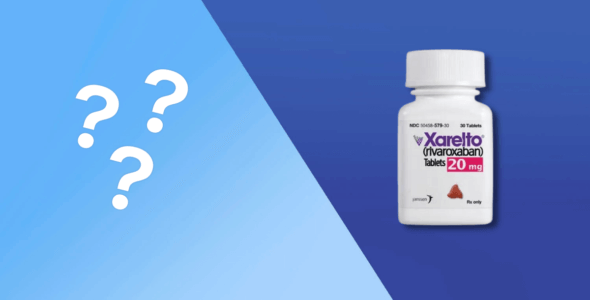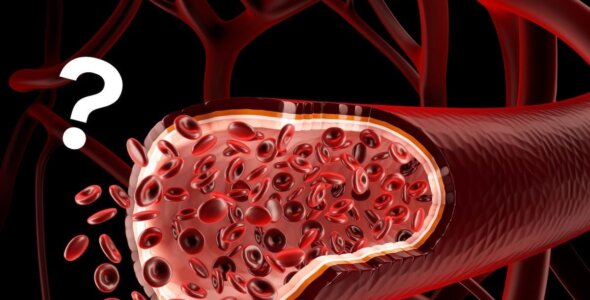What are blood thinners?
Table of contents
Blood thinner medications prevent blood from sticking together (coagulation) which increases the amount of time it takes for your blood to clot. You might be given this medication after you have a stroke or to help you avoid another stroke or if you have a heart problem.
This guide will give you basic information about the topic to kick start your discussion with your healthcare professional about treatment options. While taking these medications, there is always some risk of serious bleeding which is why you should always get individual medical advice to receive the most appropriate treatment.
What are blood thinners and how do they work?
When you get hurt, blood cells called platelets gather at the injury site and form a blood clot. Platelets are sticky, and they form clumps creating a plug. Clotting factors are also released from platelets that help form a mesh to form the plug to close the wound.
The clotting process is essential when you’re injured. Sometimes, however, a blood clot can appear in an artery that supplies your heart or brain with oxygen-rich blood. When a clot blocks blood flow to your heart, it can cause a heart attack. If it blocks the blood flow to your brain, it can cause a stroke. The use of blood thinners in this group of patients is common. Warfarin (Coumadin) is the oldest and most widely used blood thinner and requires regular blood tests to measure how fast your blood clots using the INR (International Normalized Ratio).
Doctors have the option of prescribing a number of different types of blood thinners from two main categories of medications – antiplatelet drugs or anticoagulant drugs, which work at different stages of the blood clot formation process:
Antiplatelet
- Dipyridamole/aspirin (Aggrenox)
- Clopidogrel (Plavix)
- Ticagrelor (Brilinta)
- Eptifibatide (Integrilin)
- Ticlopidine (Ticlid)
- Prasugrel (Effient)
- Cilostazol (Pletal)
Antiplatelets prevent blood platelets from clumping and forming clots. These drugs act mainly on receptors and proteins that normally receive chemical signals causing cells to bind, to achieve this effect.
Anticoagulants
- Warfarin (Coumadin, Jantoven)
- Heparin (Innohep)
- Rivaroxaban (Xarelto)
- Enoxaparin (Lovenox)
- Edoxaban (Savaysa)
- Apixaban (Eliquis)
- Fondaparinux (Arixtra)
- Dabigatran (Pradaxa)
- Dalteparin (Fragmin)
Anticoagulant drugs work by blocking the clotting process by targeting clotting factors such as thrombin, fibrin, and vitamin K.
Why do people take blood thinners?
Blood-thinning medications are used in patients who are at risk of developing blood clots that could block a blood vessel and disturb the flow of blood around the body. You will most likely be prescribed this medication if you have:
- Atrial fibrillation (Afib), also known as an irregular heartbeat
- Had a recent knee or hip replacement and are at risk of deep vein thrombosis (DVT) and pulmonary embolism
- A high risk of stroke, cardiovascular, or heart disease
Generally, these medical conditions can cause blood clots. You also have a greater risk of blood clots if you’re overweight, recently had surgery, or have an artificial heart valve.
What are the common side effects of blood thinners?
Anticoagulant medications can increase your risk of bleeding. The most common side effect of blood thinners include symptoms such as:
- Nose bleeds
- Heavier than normal menstrual bleeding
- A cut that does not stop bleeding
- Bruising
Some medicines can interact with blood thinners and cause serious problems. Tell your healthcare provider about all medicines you take. This includes over-the-counter medicines, supplements like vitamin K, minerals, or herbal supplements.
Medically reviewed
A medical professional has reviewed this article.


Jamie Winn, PharmD
Jamie Winn, PharmD
Dr. Jamie Winn received his Doctor of Pharmacy in 2002 from the University of South Carolina College of Pharmacy, Columbia, SC. Jamie is a medical reviewer for NiceRx.






